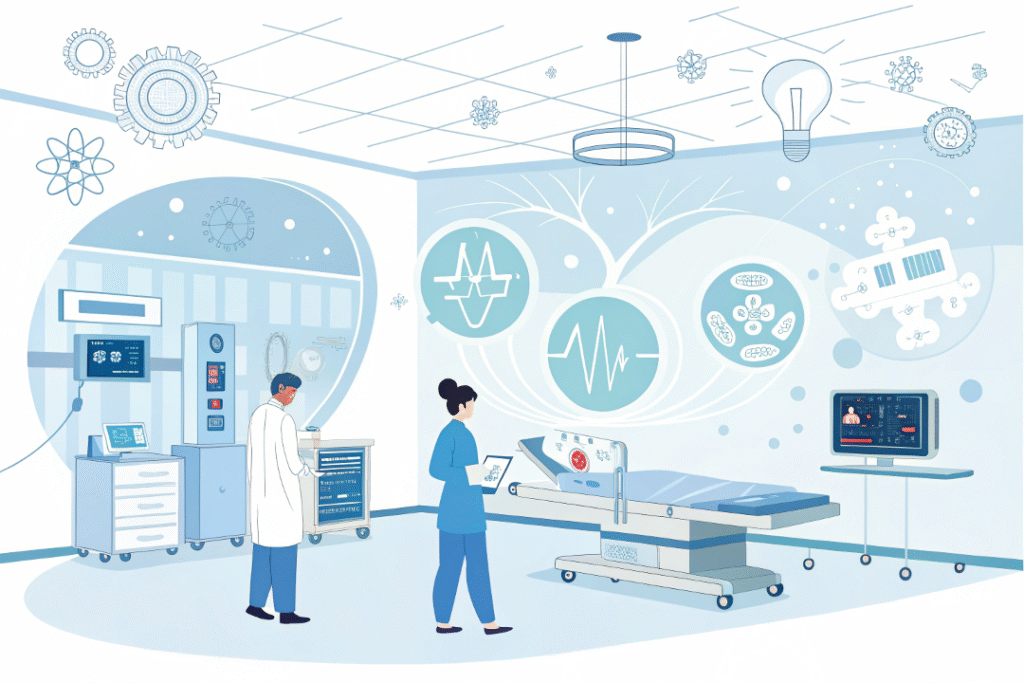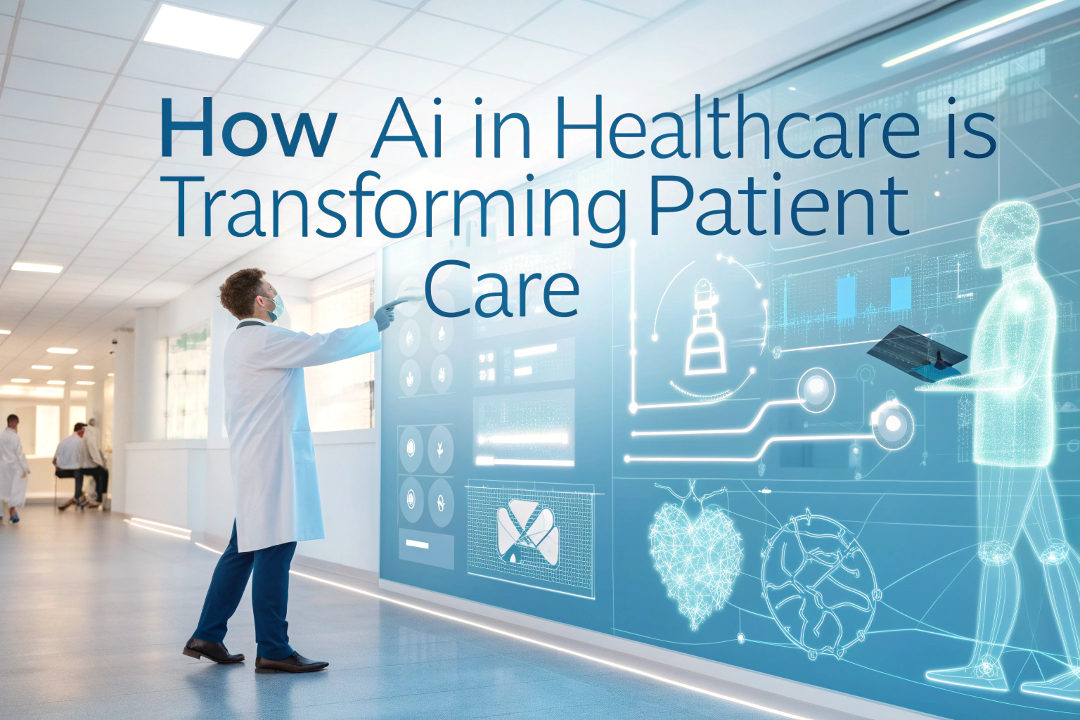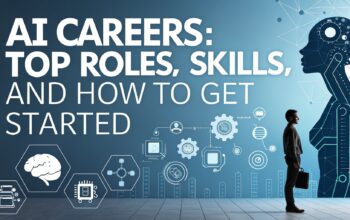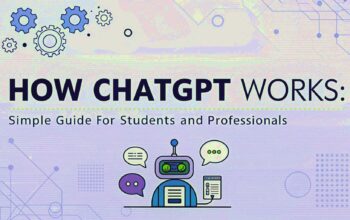Discover how AI in healthcare is revolutionizing diagnostics, treatment planning, and patient care. Learn how healthcare professionals can harness AI to improve outcomes and streamline care.
A Digital Shift in Medicine Is Already Underway
Artificial intelligence is no longer just a buzzword—it’s now an integral part of modern healthcare. From predicting diseases before they emerge to reducing administrative strain, AI in healthcare is reshaping the way care is delivered at every level.
For doctors, nurses, and administrators, this transformation offers new possibilities. It’s not about replacing people with machines—it’s about empowering healthcare professionals to do more, faster, and with greater precision.
Let’s take a closer look at how AI in healthcare is redefining patient care, medical research, and clinical practice.
Understanding AI in Healthcare
At its core, AI in healthcare uses intelligent algorithms and data-driven technologies to assist with clinical decisions and operational tasks. Machine learning models can analyze massive datasets—something no human can do in real-time—to identify patterns, predict outcomes, and suggest best actions.
These systems work alongside providers to deliver smarter, safer, and more efficient care.
1. Elevating Diagnostic Accuracy
Diagnostic errors are one of the biggest challenges in healthcare. With AI tools now analyzing medical images like MRIs and CT scans, professionals can:
- Spot abnormalities that might be overlooked
- Detect early signs of critical illnesses such as cancer or stroke
- Confirm diagnoses quickly and accurately
By enhancing the diagnostic process, AI in healthcare helps clinicians make timely decisions that save lives.
2. Delivering Personalized Treatment
AI enables providers to move away from general treatment guidelines and toward personalized care. Through predictive analytics, AI can:
- Tailor therapies to a patient’s genetic profile and medical history
- Suggest optimal drug choices with fewer side effects
- Monitor how well treatments are working in real time
This approach not only improves outcomes but also increases patient satisfaction by making care more individualized.

3. Supporting Preventive and Remote Care
With the rise of wearables and smart devices, patients are generating more health data than ever before. AI tools can:
- Monitor vital signs continuously
- Alert clinicians to any abnormalities before symptoms appear
- Reduce hospital visits by enabling effective at-home care
AI in healthcare promotes proactive care, helping prevent complications and managing chronic conditions more efficiently.
4. Cutting Down on Administrative Work
Time spent on documentation, billing, and scheduling can eat into patient care. AI is helping healthcare workers by:
- Automating billing with fewer errors
- Transcribing clinical notes using voice recognition
- Managing appointments through AI-powered assistants
This shift frees up clinicians to spend more time on direct patient interaction, reducing burnout and improving care quality.
5. Speeding Up Research and Innovation
Drug development and clinical trials are traditionally slow and costly. AI is changing that. In research settings, AI is used to:
- Analyze clinical trial data for faster insights
- Identify effective drug candidates
- Simulate outcomes before actual testing begins
With AI in healthcare, the timeline from lab to treatment is becoming dramatically shorter.
6. Enhancing Clinical Decision-Making
AI can serve as a second set of eyes for physicians. These tools assist by:
- Comparing a patient’s profile to vast medical databases
- Recommending evidence-based treatments
- Assisting in complex cases, especially during emergencies
Rather than replacing doctors, AI acts as a trusted advisor—backing up clinical judgment with real-time intelligence.
7. Building Trust and Ensuring Ethical Use
Despite the benefits, AI’s presence in healthcare raises key concerns, including:
- How is patient data stored and protected?
- Are algorithms free from bias?
- How do we ensure transparency in AI-generated decisions?
Healthcare organizations must focus on responsible AI use. This includes clear guidelines, ethical oversight, and patient communication to build trust in the technology.
From diagnostics to day-to-day operations, AI in healthcare is changing the game. It’s not just a tool—it’s a strategic advantage that improves efficiency, quality of care, and health outcomes.
For healthcare professionals, understanding and embracing AI is becoming a must. Those who lead with innovation today will shape the future of medicine tomorrow.
FAQs:
1. What is AI currently used for in healthcare?
AI is applied in diagnostic imaging, predictive analytics, drug development, clinical documentation, and remote patient monitoring.
2. How does AI benefit medical professionals?
It reduces errors, saves time on routine tasks, supports decisions, and helps personalize treatment.
3. Is patient data safe when using AI?
Yes—if implemented with strong encryption, role-based access, and compliance with healthcare data standards like HIPAA.
4. Will AI take over healthcare jobs?
No. AI assists professionals but doesn’t replace the human skills, empathy, and critical thinking of healthcare providers.
5. How should professionals prepare for AI in healthcare?
By gaining basic AI literacy, exploring new tools in clinical settings, and participating in ongoing education and pilot projects.



